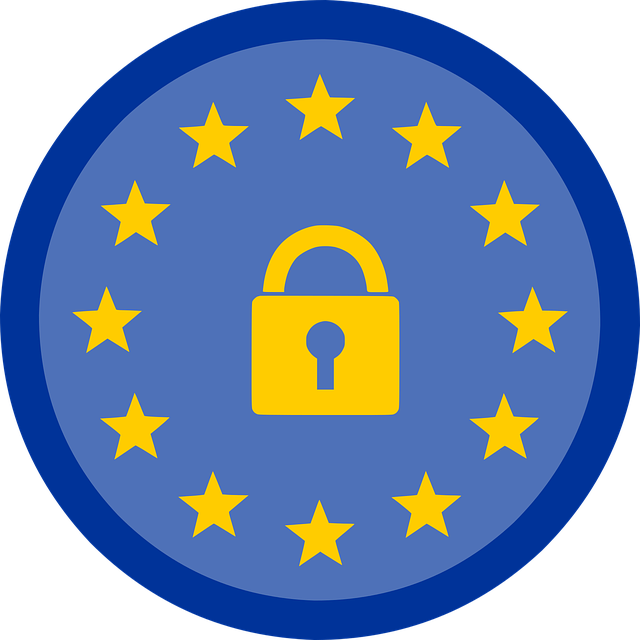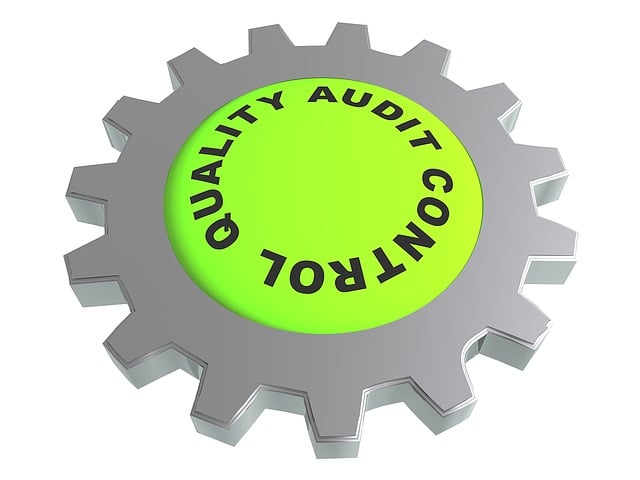Background checks are crucial for verifying the credibility of safety officers, who operate in sensitive environments. These comprehensive screenings include employment, education, and criminal history verifications, ensuring only trustworthy candidates are hired. By rigorously checking safety officer credentials, organizations can mitigate security risks, maintain public trust, and safeguard facilities, personnel, and sensitive information from unethical individuals. Regular re-screening of existing staff ensures ongoing validity and upholds industry standards. Implementing robust background check procedures with standardized checklists, encrypted digital platforms, and cross-referenced data sources maximizes the effectiveness of these processes in verifying safety officer credentials.
In today’s security-conscious world, background checks are a cornerstone in upholding standards within the industry. This critical process ensures that safety officers, entrusted with safeguarding individuals and assets, possess the integrity and reliability needed for their roles. By verifying qualifications, assessing character, and uncovering potential risks, thorough background screenings play a pivotal role in fostering public trust and enhancing overall security measures. This article explores the significance of these checks in ensuring credible safety officer credentials.
- The Role of Background Checks in Ensuring Safety Officer Credibility
- Enhancing Security Industry Standards through Comprehensive Screening
- Best Practices for Implementing Effective Background Check Procedures
The Role of Background Checks in Ensuring Safety Officer Credibility

Background checks play a pivotal role in establishing and maintaining credibility among safety officers, who often operate in high-stakes environments. These rigorous processes scrutinize an individual’s history, including their employment, education, and criminal records, to ensure they possess the integrity and reliability necessary for their roles. By verifying safety officer credentials, organizations can mitigate risks associated with potential security breaches or unethical behavior.
Moreover, background checks help create a culture of accountability within the industry. They act as a filter, screening out individuals with questionable pasts who might compromise the safety and security of facilities, personnel, or sensitive information. This meticulous verification process is essential for fostering public trust in the security sector, ensuring that safety officers are trustworthy, competent professionals upholding the highest standards of integrity and responsibility.
Enhancing Security Industry Standards through Comprehensive Screening

Comprehensive background checks are instrumental in enhancing security industry standards by ensuring that individuals with genuine safety officer credentials are hired and retained. These meticulous screenings delve into an applicant’s history, verifying their identity, work experience, and any potential red flags that could compromise security protocols. By implementing robust background check processes, security firms can mitigate risks associated with unscreened personnel, thereby fortifying the overall security posture.
Moreover, regular re-screening of existing staff ensures that credentials remain valid and up-to-date. This proactive approach not only upholds industry standards but also instills public confidence in the security services provided. It allows organizations to maintain a robust workforce equipped with the necessary safety officer credentials, fostering an environment where safety is paramount.
Best Practices for Implementing Effective Background Check Procedures

Implementing robust background check procedures is paramount in ensuring the integrity and security of any organization, especially within the dynamic landscape of the safety industry. To maximize effectiveness, several best practices should be adopted. Firstly, standardization is key; develop a comprehensive checklist that thoroughly scrutinizes an applicant’s history, including employment, education, and relevant certifications like safety officer credentials. This ensures consistency in the evaluation process.
Secondly, maintain data privacy and security by employing encrypted digital platforms for storing and managing sensitive information. Regular updates of background check databases are essential to stay ahead of potential risks, as individuals’ circumstances can change over time. Additionally, cross-referencing with multiple reliable sources enhances accuracy, providing a multi-faceted approach to verifying an individual’s history and character.
